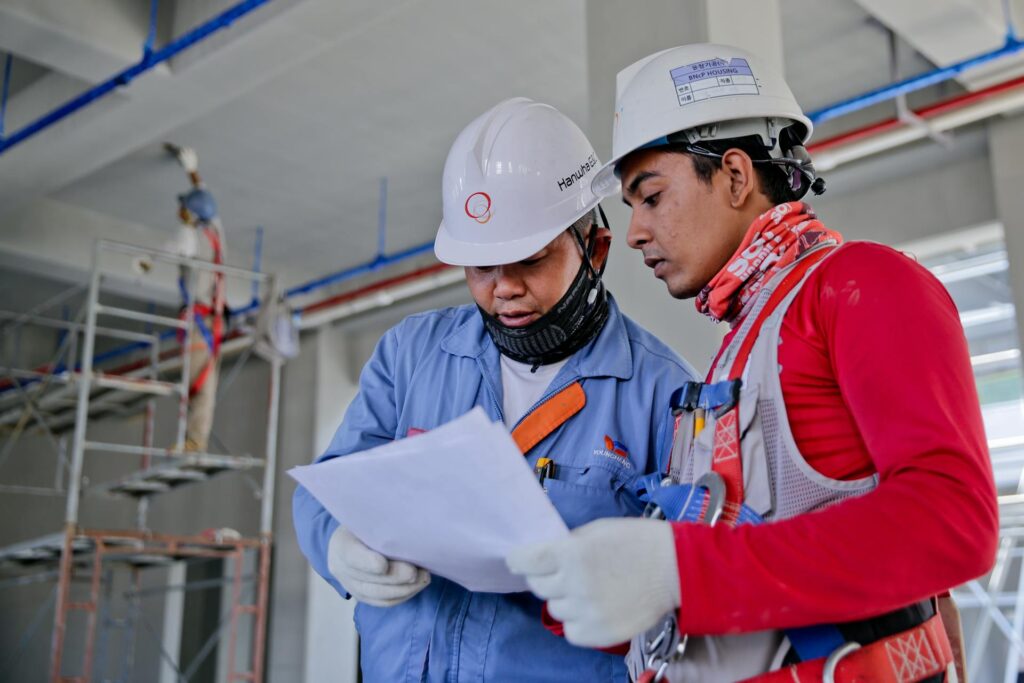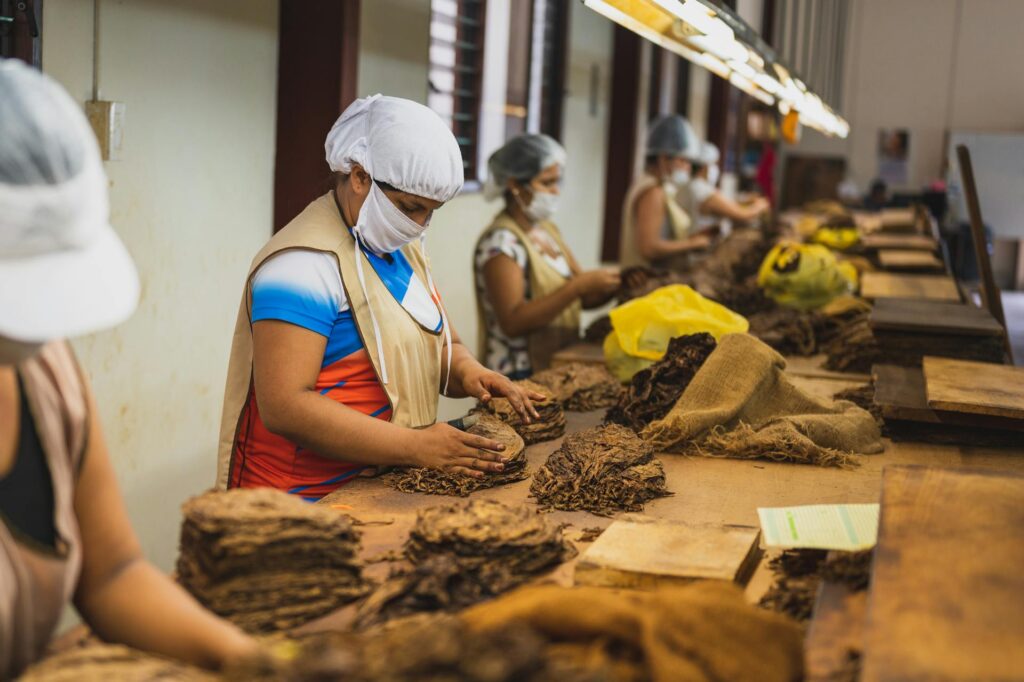30 May 2024
The Second Chamber of the Supreme Court of Justice of Mexico resolved, under the constitutional shelter appeal 633/2023 (“Amparo Trial” in Spanish), the constitutionality of section VIII of article 127 of the Federal Labor Law and the Guide for complying with profit sharing obligations (the “Guide”), issued by the Ministry of Labor and Social Welfare.
These provisions address to the fact that the amount of the employee profit-sharing (“PTU” for its acronym in Spanish) of the companies, has as a limit the most beneficial for the employees themselves between: i) three months of the employee’s salary; or ii) the average PTU that they have received in the last three years of work. Having said the above, the scenario that is more favorable to the employee must be applied.
In the event that the employees do not have three years of seniority within the company, the average of the employee’s position will be taken into account, according to stipulations contained in the Guide.
The sentence mentions that the content of the article in dispute and the Guide do not violate the Mexican Constitution since they imply: i) a non- absolute limit; and ii) a margin of application in favor of the employee with respect to the sharing of the employer’s profits.
The percentage of profits that companies must distribute to their employees is established by the National Commission for Employee Profit Sharing (the “Commission”), having the employees the right to object to the percentage determined by the Commission before the Ministry of Finance and Public Credit.
On September 18, 2020, the Commission established that the employee’s participation percentage should correspond to 10% of the companies’ taxable income.
In light of the above, in Bravo Abogados we would be happy to answer any question you may have regarding this legal alert.
52-81-24748538
www.j-bravo.com
Blvd. Antonio L. Rodríguez 3000, Colonia Santa María, 5to piso, Interior 501 Torre Albia, C.P. 64650 Mty, N.L., México T.






